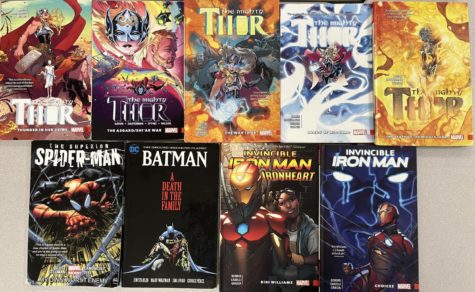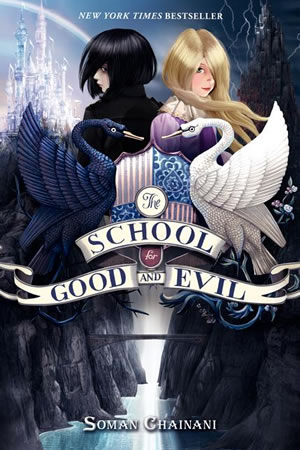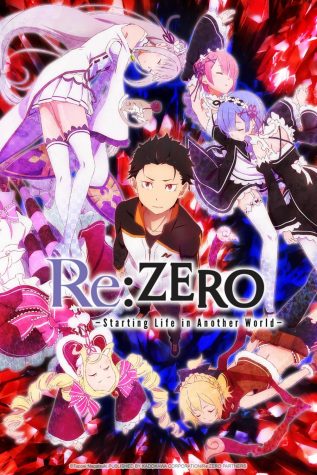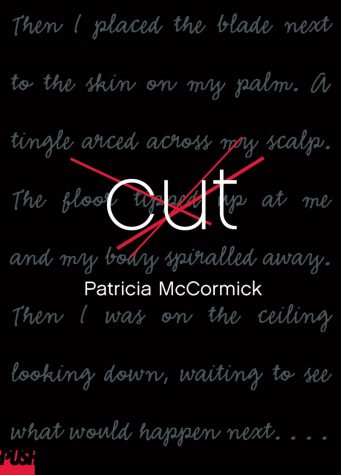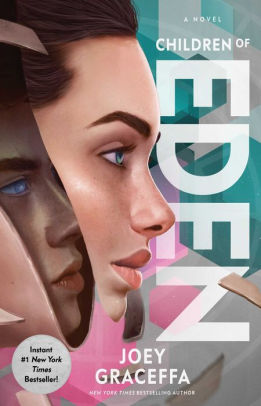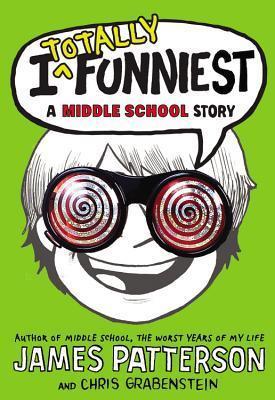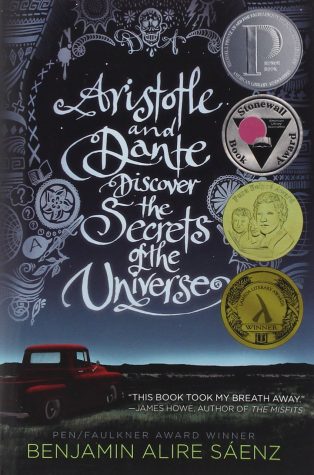Magisterium: The Iron Trial
February 19, 2016

Having never read any of the books in The Shadow Hunter Chronicles books, The Iron Trial came as an incredible surprise and made the reason for Casandra Clare’s fame instantly obvious. While Holly Black, the co-writer, contributes much to the youthful voice of the narrator, Casandra Clare weaves an incredible plot line; both yielding powerful characters ready for a unique adventure.
Even though most third person narrators act as a fly on the wall, simply reporting what it sees, the narrator in The Iron Trial has a critical voice of its own. While the narrator doesn’t have a body to interact with, it subtly judges each character and forms its own opinion about the surroundings. Rather than merely witnessing events, the narrator makes jokes, similes, and colorful metaphors, mixing humor with description. The narrator effectively becomes a disembodied character participating in the plot with its wit and personality as a result.
The plot is incredibly complex and can single-handedly push the book forward (though it never needs to). Because of the concise and well-knitted nature of the plot, it’s impossible to reveal the smallest detail without spoiling key points. In general, each event in the book is far more important than initially apparent. The developments naturally grow out of former events and lead smoothly into the next surprising turn, as if the novel is a silent domino effect building up rapidly for a powerful finale. Besides the seamless flow, the plot is highly original and explores in depth the thin line dividing family, friends, and enemies. Without spoilers, the plot mostly follows the best friend rather than “savior” born to protect the Magisterium, opening up the constant possibility of betrayal.
Because the narrator is a character instead of an all knowing eye in the sky, all of the characters have no traceable history or just enough background to offer more questions than answers. The authors use the general scarcity of information to their advantage by making actions and feelings the main source of characterization. Later, as the past for each character is slowly introduced, the reader gains a threefold insight: who the characters are, who the characters used to be, and what each character wishes they are. By the end of the novel, the authors allow the reader to judge for themselves the morality of the characters and form his/her opinion about each objectively.
Although this book isn’t part of the famous The Shadow Hunter Chronicles, this skillfully crafted plot and the intriguing narrator in The Iron Trial are a testament for Holly Black’s and Casandra Clare’s writing ability. With a reading level of 5.6 and 13 AR points, it’s easy to recommend The Iron Trial as a more than enjoyable read.


